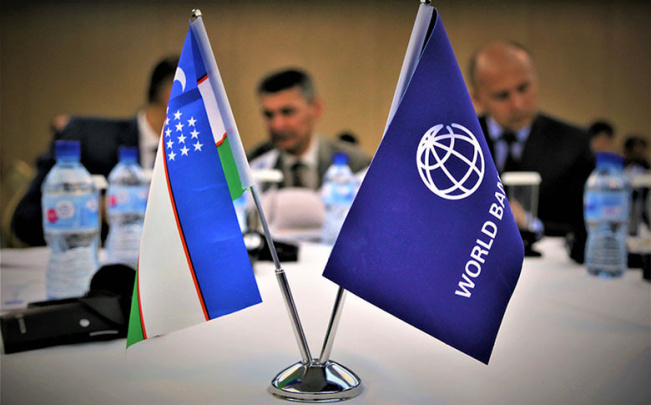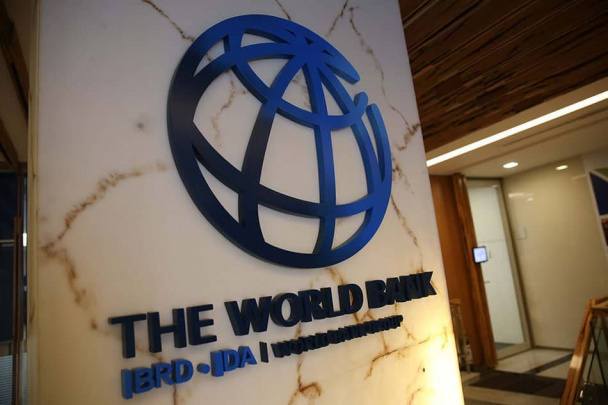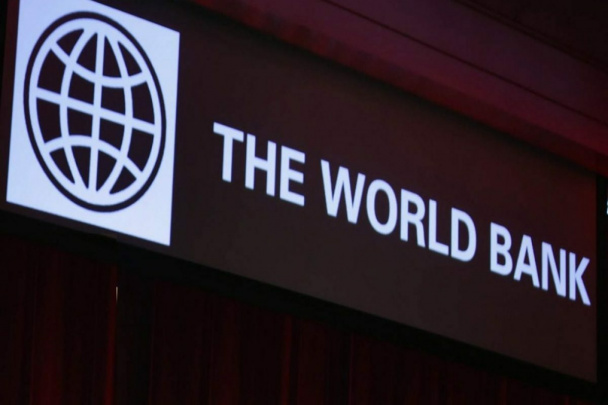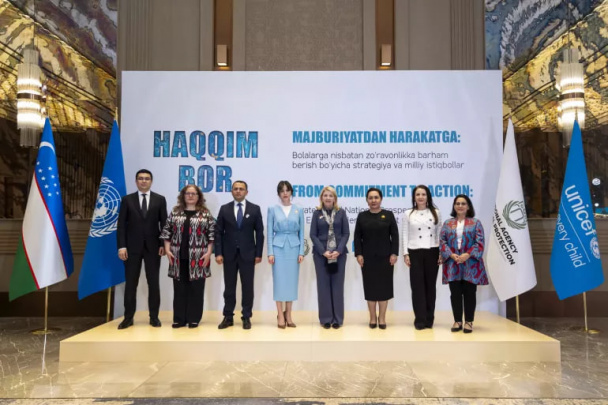“Almost half of Uzbekistan’s population is not provided with social protection” – International organizations report
The International Labor Organization, UNICEF and the World Bank have published a joint report on the assessment of the social protection system in Uzbekistan.
The 149-page report says that although Uzbekistan inherited a comprehensive social protection system from the Soviet Union ensuring employment, child care and guaranteed income in old age, the country has not yet adopted an official definition of social protection.
There is also no institution specialized in the development, coordination and management of social protection programs.
“Social protection functions are distributed to different ministries and agencies, and none of them fully covers the entire system. Therefore, they are not responsible for coordinating different social protection programs.
For example, the Pension Fund under the Ministry of Finance is responsible for the distribution of pensions and oversees the expenditures of social assistance programs. The Ministry of Employment and Labor Relations is responsible for employment and labor market activation programs and has the authority to set general policies in the field of social protection. The Ministry of Health implements health-related programs, providing services to the elderly and people with disabilities. The Ministry of Public Education implements several small programs to provide children from low-income families with a variety of school items.
Although each institution has a vertical organizational structure, inter-agency cooperation between them is weak. Thus, horizontal links between different social protection programs have not been formed. As a result of such institutional fragmentation, it is very difficult to direct efforts to integrate the social protection system in Uzbekistan.
This is a matter of serious concern and requires comprehensive reform of the system,” the report reads.
The report lists the following problems in the country’s social protection system:
- Uzbekistan has a relatively well-established and comprehensive social protection system, consisting of programs of social insurance, social assistance and labor market activation, but almost half of the population and one-third of low-income families are not provided with social protection programs.
- In 2018, social protection expenditures in Uzbekistan amounted to 6% of GDP. This figure is much lower than the average level of social protection investment in Europe and the Commonwealth of Independent States.
- The majority of the population still does not have access to social security: about 60% of the employed population is in the informal sector and does not participate in social insurance programs that provide for the payment of contributions.
- Social assistance programs do not have enough coverage. For example, in the past, child care benefits were provided to all families with children, today they are given to only low-income families.
- Although the majority of low-income families meet the very strict requirements for receiving allowances, in many cases they are not able to receive benefits for various reasons.
- At present, the level of coverage of the labor market activation programs is limited, they consist mainly of public works, business support, vocational training and education programs. Although government expenditures on active and passive employment support programs have recently increased, coverage remains significantly lower.
Citizens can get acquainted with the results of the report and leave their comments on the following link. The comments and suggestions will be analyzed and submitted to the relevant ministries, departments and international organizations.
Related News

17:16 / 02.07.2025
World Bank: Uzbekistan needs more exports, less state control to sustain growth

13:03 / 25.06.2025
World Bank provides $150M loan for Uzbekistan’s small hydropower expansion

20:13 / 12.06.2025
World Bank raises Uzbekistan’s 2025 growth outlook amid regional slowdown

14:13 / 29.05.2025



